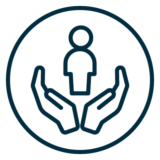Types of Relevant Documents: Building a Strong Case.
Police and Legal Reports:
Police reports documenting incidents of pursuit, wrongful arrests, or threats are critical. These documents should be detailed and supported by additional evidence where possible.
Medical records:
In cases of physical persecution or psychological trauma, medical records are essential. Medical certificates, treatment reports and psychological evaluations support evidence of the physical and emotional consequences of persecution.
Letters and Personal Statements:
Eyewitness letters or personal statements from the applicant and other affected individuals can provide additional and emotionally persuasive perspective. These should detail the witness’s relationship with the applicant and describe the events witnessed.
Photographic and Video Evidence:
Images and videos documenting specific incidents reinforce the authenticity of the request. These may include scenes of protests, persecution actions, or other situations that support the narrative presented.
Documentation of the Situation in the Country of Origin:
Updated information on the political, social and economic situation in the country of origin reinforces the context of the request. Newspaper clippings, reports from international organizations, and government communications can be valuable.










